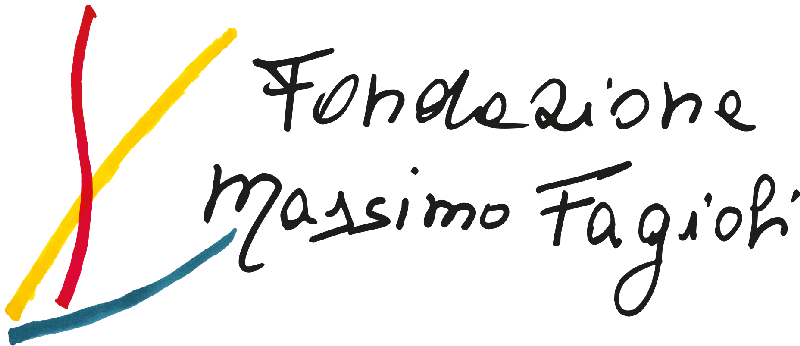In Death Instinct and Knowledge, Massimo Fagioli started to define the Human Birth Theory and provide a crucial contribution to a new anthropology. Key words – like disappearance fantasy and annulment pulsion – have been at the base of a revolution in psychiatry. On top of that, they have also contributed to a critical reflection on the Western Logos and the innovative analysis of contemporary social and political phenomena.
In such context, the paper aims at reading the European integration process its limits and potentiality in the light of the Human Birth Theory. The latter is used to critically analyse on of the most relevant political processes in Europe in the last century.
The text is organised into three main parts. The first one reviews the main theories of the European integration. In line with a political theoretical approach, the review refers to two opposite interpretations provided by the liberal and federalist literature, on the one hand; and the critical political economy, on the other. For the first liberal-federalist approach we refer to the political thought of Altiero Spinelli and the contributions of the so-called post-functionalist theory. As for the critical political economic approach we focus on the work of Milward and we refer to different theories (e.g. regulation theory, post-Marxist and neo-Gramscian perspectives).
The second part provides references to Death Instinct and Knowledge to critically read the political evolution of Europe since World War Two and the Holocaust. Through the new approach (and key concepts) provided by the Human Birth Theory, we propose a critical review of the Western Logos and the renewed reading of key concepts like equality, identity and diversity. The latter are used to critically read the European integration process, its limits and opportunities.
The third and final part of the contribution, we provide a forward looking and prescriptive analysis of the European Union. Contemporary challenges – the post-pandemic recovery strategy and the Ukrainian conflict – are read through the lenses of the Theory of Human Birth to rethink the future of Europe and the opportunity to set up a renewed polity.
The paper is based on the reading of the text Death Instinct and Knowledge as well as further contributions by Massimo Fagioli. The latter are integrated with the critical review of key contributions in the political theory and political economy of the European Union.
Bibliography
- Aglietia, M. & Orlean, A. (1982), La violence de Ia monnaie, Paris: PUF.
- Cafruny, A. and Ryner, M. (2007) Europe at Bay: Neoliberal Hegemony and Transformation in Europe, Boulder, CO: Lynne Rienner.
- Fagioli, M. (1972), Istinto di Morte e Conoscenza, (14° edizione del 2017), Roma: L’Asino d’Oro.
- Fagioli, M. & Marramao, G. (2007), La caduta degli dèi filosofi. Incontro con Giacomo Marramao e Massimo Fagioli, Il sogno della farfalla, 16/3, 16-47.
- Ferrera, M. (2018), Mass democracy, the welfare state and European integration: A neo-Weberian analysis, European Journal of Social Theory, 23/2, 165-183.
- Glencross, A. (2014), The Politics of European Integration. Political Union or a House Divided?, Chichester: Wiley Blackwell.
- Hooghe, L., & Marks, G. (2001), Multi-level governance and European integration. Lanham, MD: Rowman & Littlefield.
- Milward, A. S. (1992). The European Rescue of the Nation-State. London: Routledge.
- Spinelli, A. & Rossi, E. (1944), Il Manifesto di Ventotene, Milano: Mondadori.
